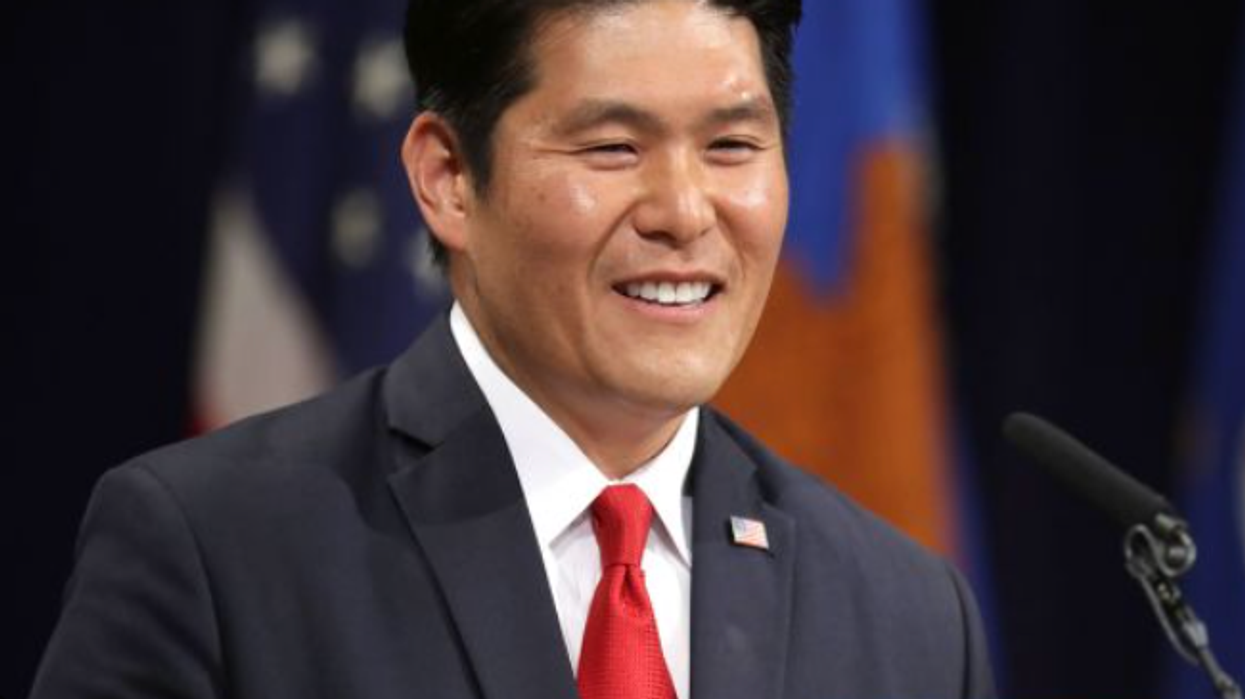Interview Transcript Proves Special Counsel Falsely Hyped Biden's 'Poor Memory'
Major news outlets that ran dozens of stories hyping then-special counsel Robert Hur’s claim that President Joe Biden evinced a “poor memory” during their interview are now acknowledging that Hur’s depiction was exaggerated after reviewing the newly released transcript.
Hur’s February report stated that following a yearlong investigation into Biden’s possible unauthorized removal and retention of classified documents, he had concluded that “no criminal charges are warranted.” But journalists quickly fixated on Hur’s incendiary and unfalsifiable description of Biden as an “elderly man with a poor memory” and his references to specific Biden memory lapses over the course of their five-hour interview.
The mainstream political press treated Hur as an impartial voice levying credible accusations, unleashing a deluge of reports calling Biden’s mental acuity into question. Hur’s background as a former clerk to right-wing judges and a Trump administration appointee — and his gratuitous swipes at a Democratic president that happened to align with a yearslong GOP campaign to portray Biden as addled — failed to raise their alarms.
But after reviewing the full transcript of Biden’s interview with Hur, released Tuesday morning before Hur’s testimony to the House Judiciary Committee, several outlets are concluding that the then-special counsel’s claims in his report lacked necessary context.
The Washington Post ran 33 reports on Biden’s mental fitness in the four days following Hur’s report, according to a review by Popular Information. On Tuesday, however, the Postreported that the transcript “paints a more nuanced portrait of the exchanges between Biden and the special counsel” and that “Biden doesn’t come across as being as absent-minded as Hur has made him out to be.” With regard to some of the specific instances Hur cited in describing Biden’s memory as “significantly limited,” the Post found that “the transcript provides more detail on those exchanges, with questioning jumping around the timeline in some instances.”
The New York Times ran 30 reports on Biden’s mental fitness in the four days following Hur’s report, according to Popular Information. But on Tuesday, the Timesreported the transcript “shows that on several occasions the president fumbled with dates and the sequence of events, while otherwise appearing clearheaded.” As to Hur’s claim that Biden “did not remember when he was vice president,” the Times noted: “The transcript provides context for those lines. In both instances, Mr. Biden said the wrong year but appeared to recognize that he had misspoken and immediately stopped to seek clarity and orient himself.”
The Times further found that “Mr. Hur was selective in portraying Mr. Biden’s memory of an ambassador’s position.”
The Wall Street Journal ran 18 reports on Biden’s mental fitness in the four days following Hur’s report, Popular Information found. On Tuesday, however, the paper reported that the transcript shows Biden “veering into frequent digressions, but not stumped on basic factual questions.”
Hur has raised more questions about his own credibility since issuing his report. The lawyer who reportedly prepped him for Tuesday’s hearing is William Burck, a veteran Republican attorney who represented several senior Trump administration aides and serves as a Fox Corp. board member. And Hur arranged to leave the Justice Department on Monday, ensuring that “instead of appearing as a DOJ employee who is bound by the ethical guidelines which govern the behavior of federal prosecutors, he will appear as a private citizen with no constraints on his testimony,” The Independent reported.
Reprinted with permission from Media Matters.












